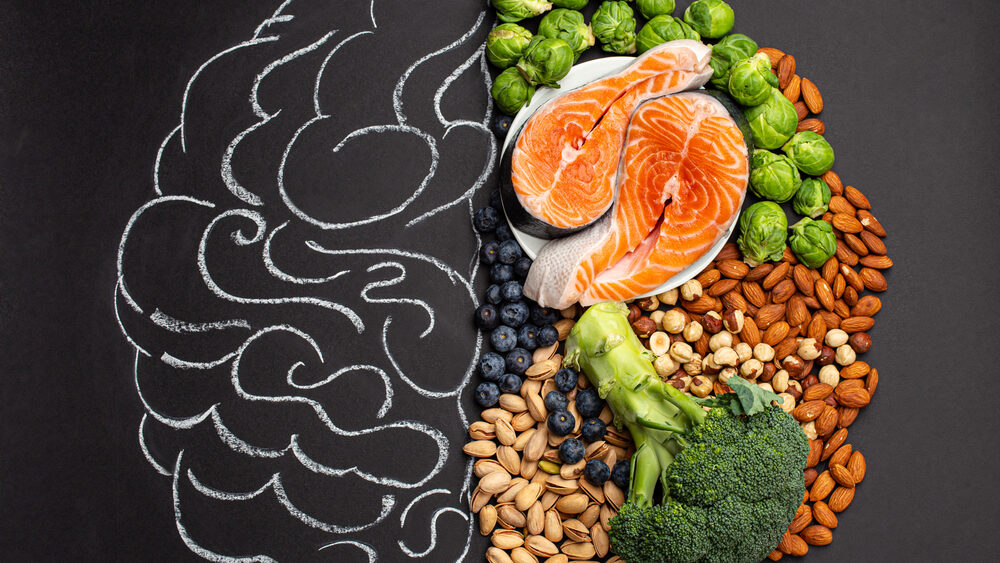Time is the only thing that modern man doesn’t have the luxury to spend. Today’s hectic day-to-day life makes humanity wants to try and use things that will save them some time. This happens with the food too. Sandwiches, Burgers and other junk foods came as a result when men trying to save time with cooking. Along with them come many lifestyle diseases and conditions too. In this scenario comes the need to have a balanced diet. Health is the primary aspect that determines the quality of life. So it is essential to focus on a healthy way of life. The following article will discuss the importance of maintaining a balanced diet in our day to day life and the various positives associated with it.
What is a balanced diet?
A balanced diet is a diet that has different types of food items that will supply enough nutrients for the body to work efficiently. It helps in maintaining our overall health and provides the body with all essential nutrients. Nutrition includes necessary fluids, macronutrients, micronutrients, fibres and energy.
A balanced diet or healthy diet usually contains fruits, vegetables, and whole grains and does not include non-processed food and sweetened beverages. Both plant-based and animal-based food items must be included in a healthy diet. For vegans, instead of animal-based foods, it is better to include vitamin B12.

The recommendations from WHO
1. The first priority is to maintain a healthy weight by eating the same amount of calories that your body uses.
2. The second recommendation is to limit the consumption of fats. In that add preference to unsaturated to saturated fats and avoid Trans-fats. The calories we take from fats should not cross 30% of the overall calories.
3. For a healthy diet, an individual should eat 400 grams of fruits and vegetables a day. For a more efficient diet, it is good to include legumes like lentils and beans along with whole grains and nuts.
4. Lower the intake of simple sugars. Limit its intake to less than ten calories. If it’s less than 5% it is even better.
5. Use only iodized salt and limit its intake daily. Limiting it to less than 5 grams a day will help in keeping away many cardiovascular diseases.
The effects of maintaining a healthy diet
- Increases the immunity
- Boost the health of skin, bones and eyes
- Increases muscle strength
- Lessening the chance of getting affected by the diseases like heart disease, cancer and type 2 diabetes.
- Boosts the functioning of the digestive system.
- Helps to maintain a healthy weight
- Helps in brain development in children
- Support the health of pregnant ladies and breastfeeding mothers.
- 9. Stimulate growth in children
How healthy diet varies under specific conditions?
There is a common pattern of a balanced diet for everyone. But for individuals with conditions like hypertension, obesity, epilepsy and gluten-related deficiency, certain changes must be included in their balanced diet.

Hypertension: It is one of the important conditions that requires great care. Otherwise, it could even lead to brain damage and death. For this condition, a low-sodium diet should be maintained. Studies show that for people with hypertension who maintain a low sodium diet, it helps in reducing the blood pressure level within a few days.
Obesity: Obesity is a specific condition that requires a healthy diet with regular exercise. But it is only a temporary solution. Because after some considerable amount of time, the lost weight will be gradually regained. Surgery is the permanent solution for this condition. But a balanced diet with a low fat level could help with the fat intake of the body.
Gluten-related issues: For people with gluten-related issues it is best to avoid or limit the intake of wheat, barley, rye, oats, and all their species and hybrids. For such people, the gluten-free diet is the only treatment available at present.
Epilepsy: For epileptic people, a ketogenic diet is the best diet to follow under the guidance of a healthcare team.



